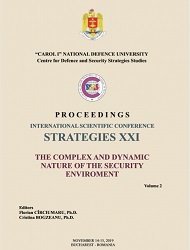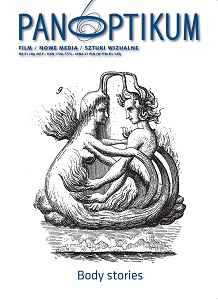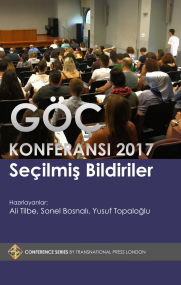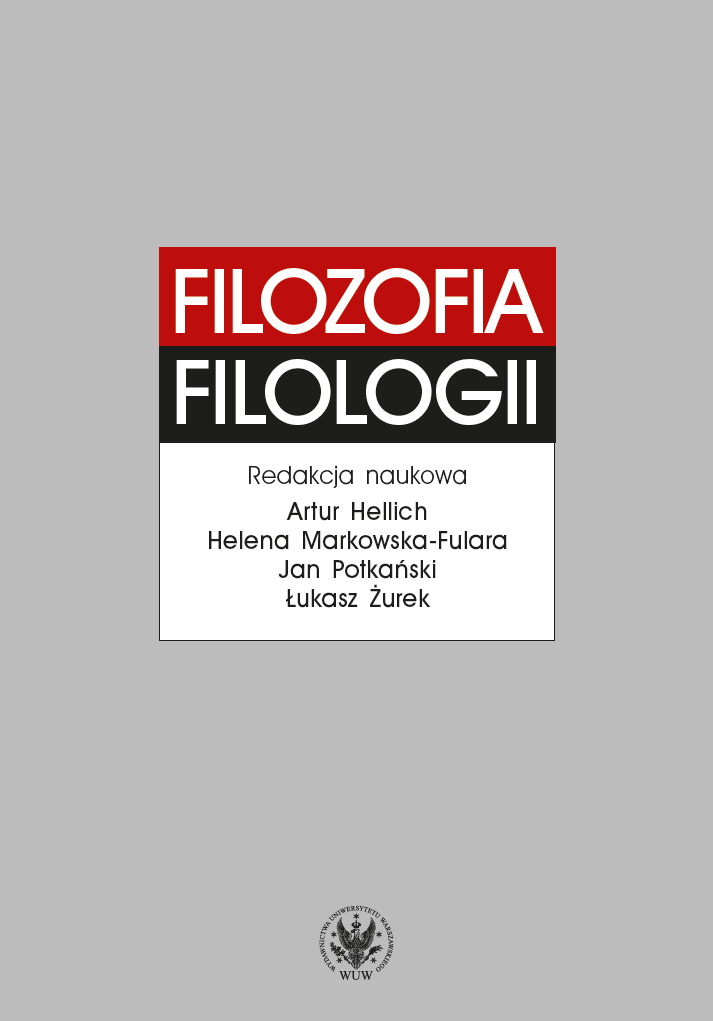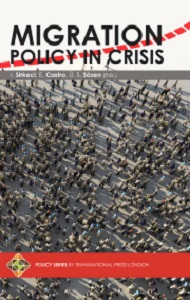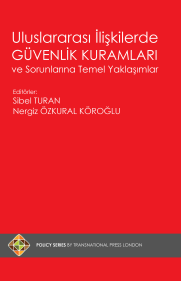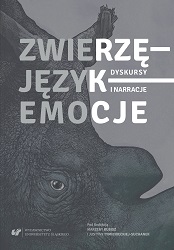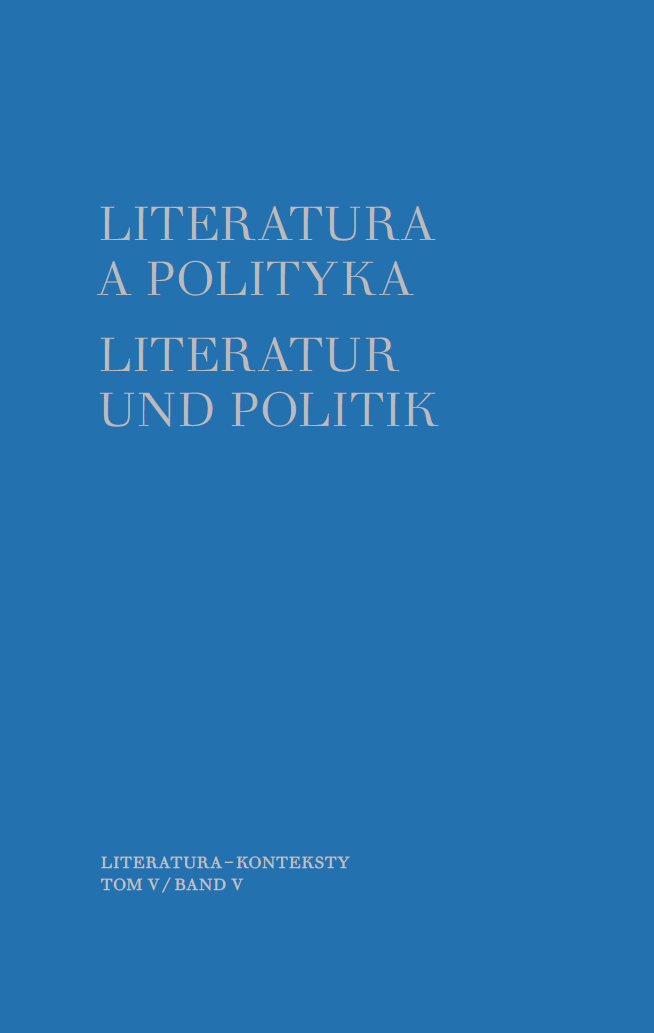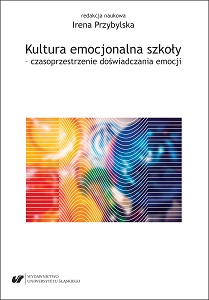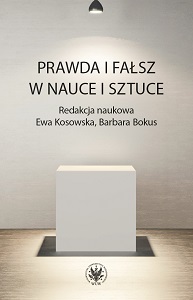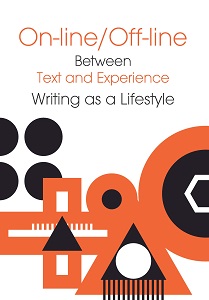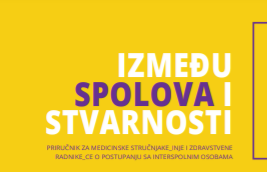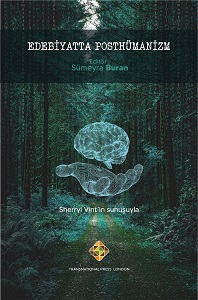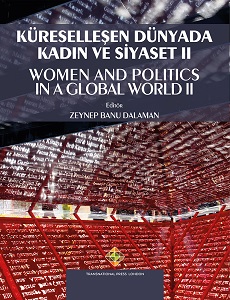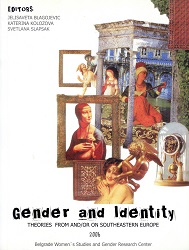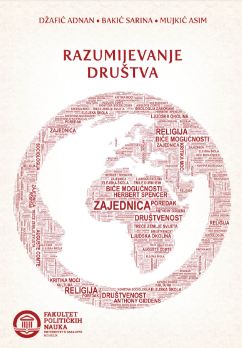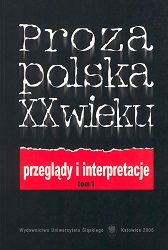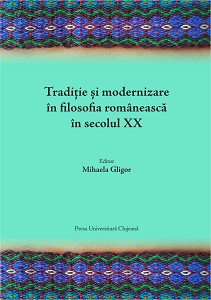Angela Carter’ın Spekülatif Romanlarında Hümanizm Eleştirisi ve Posthümanist Belirsizlik
Author(s): Barış Ağir / Language(s): Turkish
/ Publication Year: 0
Keywords: Humanism; Angela Carter; speculative novels; criticism; posthumanist; ambiguity; roman; hümanizm; posthümanist belirsizlik
Rönesans ve sonrasında Batı düşüncesinde etkin bir felsefi söylem olarak kendine yer edinen Hümanizm, Orta Çağ Hristiyanlığının “Tanrı merkezli bir varlık ve toplum tasavvuru” (Evkuran 39) olan teosentrik dünya görüşünün reddedildiği ve odağını Tanrı’dan insana kaydıran “homosentrik paradigmayı”1(Best ve Keller 180) ifade etmektedir. Nicola Abbagnon’un tanımlamasıyla “hümanizm insanın değerini kabul eden; onu her şeyin ölçütü olarak tanımlayan, insanın doğasını, yetilerinin ölçüsünü (sınırlarını) ya da ilgilerini konu edinen bir felsefedir” (763). Aydınlanma ve Modernite ile birlikte düşünsel zirvesine ulaşan hümanizm, insanları Tanrı’nın vesayetinden kurtararak, seküler değerlerin benimsenmesini, teknolojik egemenliği ve bilimsel akılcılığı teşvik eder. “Batı medeniyetinin seküler ve rasyonel doğrularını bariz bir şekilde yansıtan” (Davies 9) hümanizm, insan-dışı yaşam biçimlerinde olmadığını iddia ettiği temel bir insan özünde ısrar eder. Dolayısıyla, hümanizm ve ona eşlik eden kapitalist düzen Ben / Öteki, Erkek / Kadın, Doğal / Yapay, İnsan / İnsan Olmayan vb. ikili karşıtlar yaratır. Egemen aklın öznesine dayanan bu karşıtlıklar posthümanist söylemde eleştirilmektedir. Çeşitli anlam kalıplarına açık, “birden fazla ve birbiri içine geçmiş” (Ağın 1) anlamlara sahip bir kavram olan posthümanizm, hümanist söylemin iddialarını kabullenmeyi reddederek, hümanizmin hegemonyasına meydan okumayı ve onu dönüştürmeyi amaçlayan bir dizi eleştirel söylemler bütünüdür. Gülnur Güvenç’e göre “posthümanizm, hümanizmin neden olduğu bunalımları açıklayan, düzenleyen veya bunlarla başa çıkmaya yönelik fikirler içeren bir şemsiye terim olarak kabul edilir” (49). İkili karşıtlıkları aşma yönünde, insanı fiziksel ve ontolojik olarak değişime uğratan gelişmiş teknoloji kültürüne posthümanizm de özel bir önem atfetmektedir. Posthümanizmin doğayı ve ekolojiyi de kapsayan tekno-bilimsel felsefesi, artık saf olmayan ve teknolojiyle dönüştürülmüş özneler üzerinde durmaktadır. Andy Miah’ın da belirttiği gibi, “teknolojik değişim posthümanizmin çağdaş temsillerinin bir merkezi haline gelmiştir” (271). Bu atfedilen tekno-kültürde organik ve doğal olmayan “insan/makine, hayvan/organizma/insan, fiziksel/fiziksel-olmayan melez” dönüşümler gibi “posthuman’daki ‘post’ ön eki insanın sınırlarını aşan hem ‘sonra’ hem de ‘öte’ anlamını işaret eder” (Buran 126). Bu bağlamda posthümanizm insanın tarihsel bir eleştirisinden yola çıkarak hümanizm sonrası döneme önceliğini verir ve teknolojinin dönüştürücü etkisini de göz önünde bulundurur (Yeşilyurt 9). Anti-hümanist, feminist ve postmodern düşünürlerin fikirleri ekseninde gelişen posthümanizmin özünde yatan niyet, hümanizmin insanlığa dayattığı totaliter büyük anlatıları parçalayarak, onları çeşitlilik ve akışkanlık fikirleriyle değiştirmektir. Bu özellikleriyle posthümanizm klasik hümanist kavramların eleştirisini yapan, yüksek teknoloji kültürünün dönüştürücügücüne vurgu yapan postmodern bir düşünce olarak da kabul edilebilir.
More...
